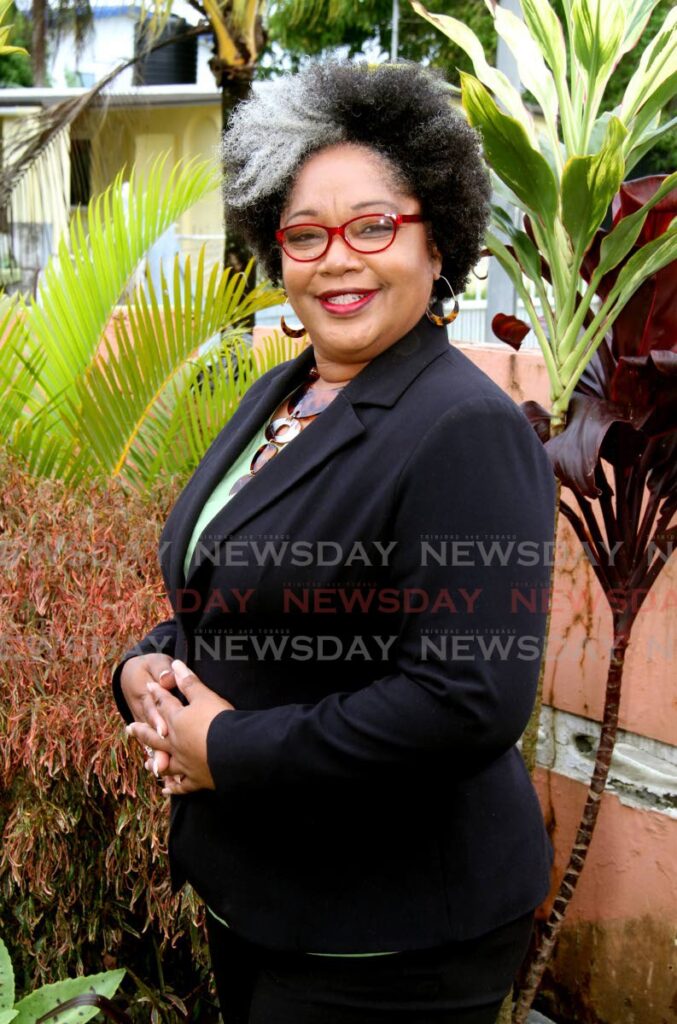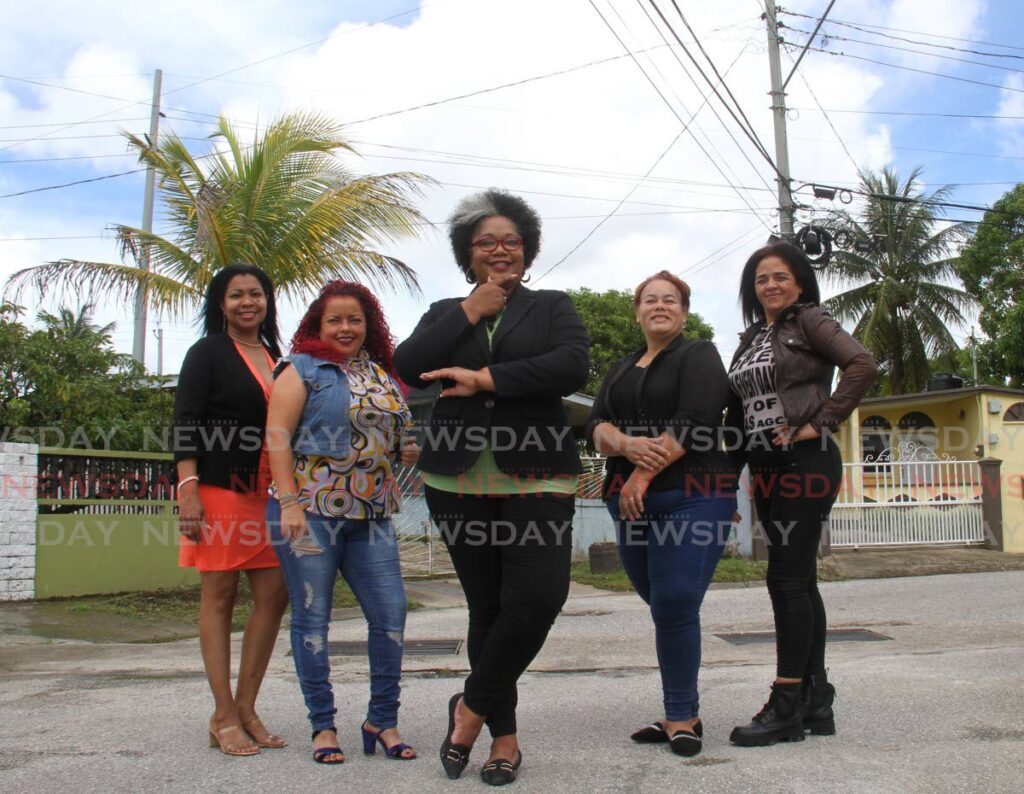Cuban-Trini promotes self-determination for local, migrant women

A WOMAN'S ability to generate her own income, among many other benefits, takes ammunition away from controlling and abusive men, says Lucia Cabrera-Jones, co-founder and CEO of the recently-established non-governmental organisation (NGO) Women-Owned Media and Education Network (Women).
Cabrera-Jones, a Cuban by birth and resident of Trinidad since 2005, is a chemical engineer, technician at the University of the West Indies, and head of the Cuban Association of TT.
Although Cabrera-Jones began “networking” with women in 2010, she became even more involved with the most vulnerable during the covid19 pandemic when many women lost their jobs.
Being bilingual and a foreigner herself, Cabrera-Jones has worked largely with Spanish-speaking migrant women, many of whom are devoid of professional opportunities because of cultural and language barriers.
During the pandemic, Cabrera-Jones and Jayme Hoyte, an entrepreneur and economist, decided to establish something more formal in an effort to promote women's autonomy and self-determination.
“We decided we needed something more structured and serious to reach out to women more effectively,” Cabrera-Jones told WMN.
Though self-taught, she speaks English near fluently, even with a Trini twang in between a dominant Cuban accent.
“Being a female, being a foreigner, (the struggle) really touches me. There’s a lot of talent in the female Latina community.”
Cabrera-Jones said the NGO was formed after she was approached by someone working within a local community of female Venezuelan entrepreneurs, who said they were struggling to break into the TT market.

Since its forming, the NGO has consistently held workshops to educate and motivate entrepreneurs.
One workshop introduced participants to the world of e-commerce.
“Some of them didn’t have social media pages,” Cabrera-Jones said.
“There is a big community of female entrepreneurs in the Latin American community but they are struggling to get out there because of the negative connotations.
“I also left my country because of the situation over there (although) I knew I could have given more. I left my homeland with the backpacks of dreams. I have accomplished as much as God wanted me to accomplish by now.”
She suggested that issues between migrants and locals often arise out of a misunderstanding of cultures.
“It’s not that they are bad and you guys are good, or that you guys are bad and we are good; it’s just a matter of culture.”
Like the Chinese, Syrian and other minority groups, Cubans who reside in TT, she said, have a lot to offer the country.
Yet the NGO is not about the empowerment of one group of women but women in general.
“We want to cater to multiple issues that women are facing.”
Cabrera-Jones is divorced and has no children. She said she has several motivations for working with women, not least her own experience being in an abusive marriage.
“That’s one of the things that drives me – that I was able to get out (of my relationship).
Although she said she has never been victimised or discriminated against in Trinidad, apart from her marriage and a robbery incident, she is concerned with the many women, migrants and locals, who are victims of gender-based violence and discrimination.
“One thing I identified here, living in Trinidad, is a lot of women just have no choice but to stay in unhealthy relationships just because they cannot do better.”
But, she suggested, having an income is often a considerable step towards a woman’s liberation, even if it means starting small.
“We now have social media and digital work, so you could take your gift, monetise it, even without coming out your house and become a better contributor to your household.
“I can tell you as a woman, if a woman has the ability to become self-reliant, self-sustainable, you can free yourself. The struggle will be there but you will overcome and you won’t be the first one to do it.“
The NGO is active on its social media pages. It is hosting workshops throughout August as part of a campaign titled She Can, designed to boost female entrepreneurs.
Among them include a women’s personal branding development programme, which is designed to help entrepreneurs create and launch their own personal brand; a women’s business and idea development programme; a women’s skill development workshop, and others.
The workshops have since featured a series of industry experts and motivational speakers.

Comments
"Cuban-Trini promotes self-determination for local, migrant women"